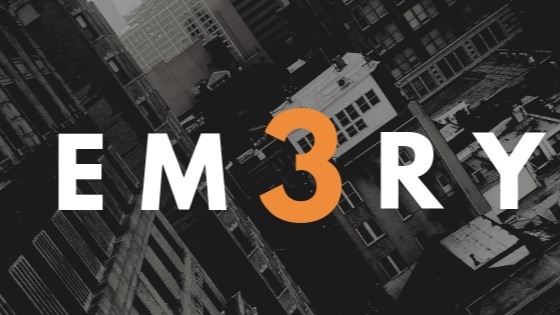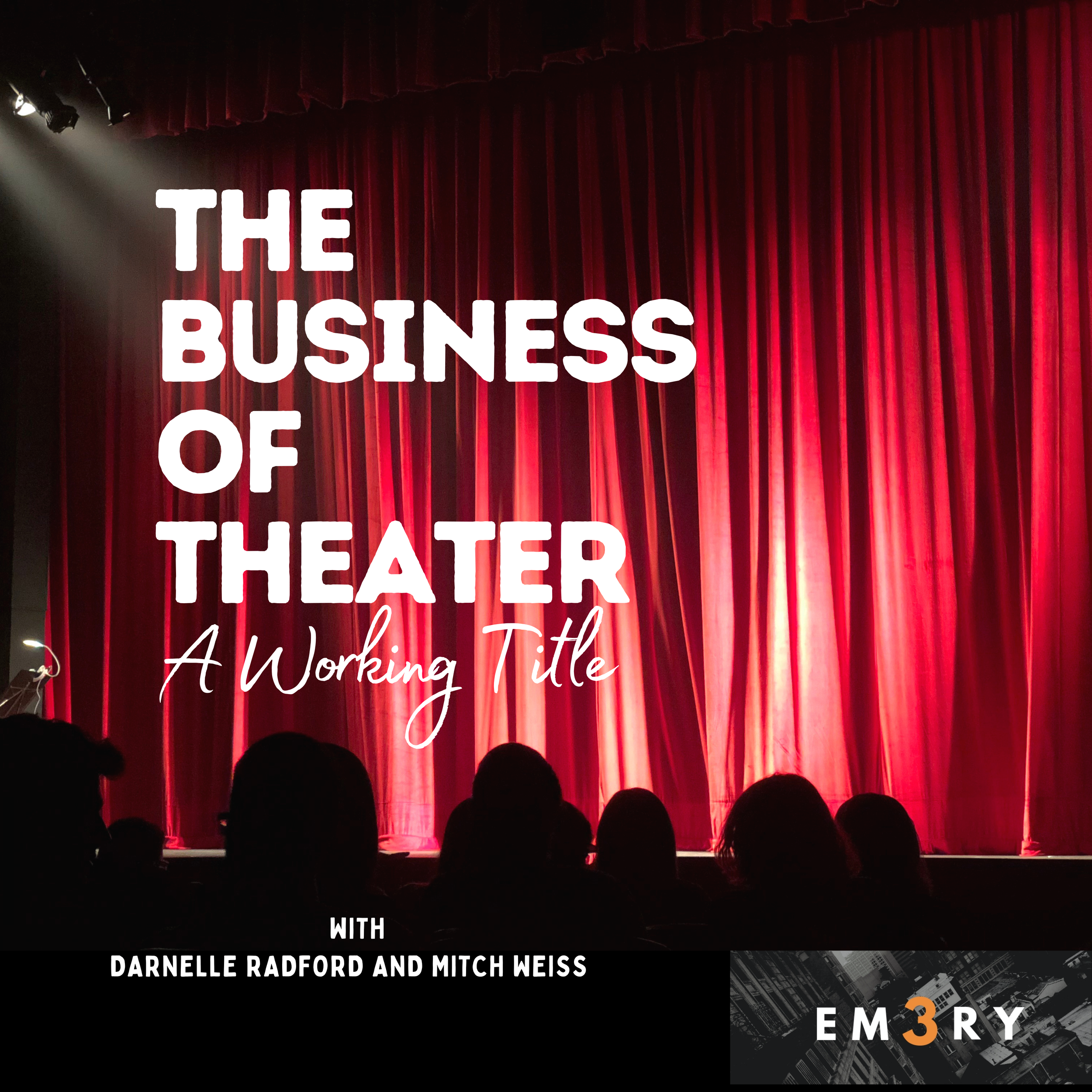TBOT_S02E04 - EP.37 - The Nanny
Today on the podcast, we talk about the WGA and SAG-AFTRA strikes and Post-COVID Theatre.
Summary
In this conversation, Darnelle Radford and Mitch Weiss discuss various topics related to the entertainment industry, including the challenges of running a theater company, the role of writers and the issue of plagiarism, the importance of fair compensation, the history of labor rights, the role of unions, and the impact of streaming and AI on the industry. They also touch on the ethical dilemma of supporting studios during strikes and the potential changes in the television and film industry. The conversation explores new ideas for audience engagement, the challenge of finding an audience, the uncertainty of financial success in theater, the potential of hologram technology, the slow pace of change and its implications, balancing change and tradition, and the inevitability of change.
Takeaways
The entertainment industry faces challenges related to fair compensation, working conditions, and the changing landscape of streaming and AI.
Unions play a crucial role in advocating for the rights and fair treatment of workers in the industry.
The issue of plagiarism and the borrowing of ideas is prevalent in both comedy and music.
The financial demands of writers and the need for fair compensation are important topics in negotiations.
The impact of streaming and AI on residuals and the future of the industry is a significant concern. Theater organizations need to explore new ideas and engage with different audiences to stay relevant.
Finding an audience is a challenge, and it's important to understand the changing habits and preferences of potential theatergoers.
Financial success in theater is uncertain, and blockbusters often carry the burden of supporting the industry.
Hologram technology has the potential to create unique experiences, but it may not be able to replicate the intimacy of live performances.
Change is slow, and it can have wide-ranging implications for various industries, including the arts.
Balancing change and tradition is crucial to ensure that both new and old methods can coexist.
Change is inevitable, and it's important to adapt and embrace new technologies and ideas.
The conversation highlights the ongoing strike by the WGA and SAG-AFTRA, emphasizing the importance of supporting artists and advocating for fair working conditions.
Chapters
00:00 Introduction and Catching Up
02:03 The Challenges of Running a Theater Company
03:03 The Creative Process and the Role of Writers
04:06 Artificial Intelligence and Plagiarism
05:22 The Borrowed Nature of Music and Comedy
06:12 The Issue of Fair Compensation
07:11 The Debate Over Remote Work and Pay
08:08 The History of Labor Rights and Working Conditions
09:08 The Importance of Unions in the Entertainment Industry
10:07 Negotiating Strikes and the Value of Work
11:32 The Financial Demands of the Writers' Union
12:33 The Role of CEOs and Executives in Negotiations
13:29 The Purpose and Importance of Unions
14:24 The Three Key Items in Union Negotiations
15:23 The Need for Fair Compensation and Benefits
16:18 The Challenges of Being a Writer
17:12 Addressing Wage Disparities and Inflation
18:09 The High Cost of Living in Los Angeles
19:24 The Inconsistent Nature of Work in the Entertainment Industry
20:23 The Issue of Income Disparity in Nonprofit Theaters
22:23 The Need for Fair Compensation for Writers
23:29 The Changing Landscape of Television and Streaming
25:30 The Importance of Preparation and Collaboration in the Entertainment Industry
26:43 The Challenges of Filming and Reruns in the Entertainment Industry
28:35 The Ethical Dilemma of Supporting Studios During Strikes
29:33 The Potential Changes in the Television and Film Industry
30:21 The Impact of AI and Streaming on the Entertainment Industry
32:02 The Annie Rule and Negotiations in the Entertainment Industry
34:19 The Impact of Streaming on Residual Payments
37:32 The Role of Talk Shows and the Ethical Dilemma for Actors
39:33 The Potential Changes in the Television and Film Industry
42:40 Exploring New Ideas for Audience Engagement
43:29 The Challenge of Finding an Audience
44:39 The Uncertainty of Financial Success in Theater
45:24 The Potential of Hologram Technology
46:23 The Slow Pace of Change and its Implications
49:38 Balancing Change and Tradition
50:19 The Inevitability of Change
51:14 Reflecting on the Conversation
WORKING TITLE:
That’s how she became The Nanny
__
REJECTED TITLES:
Barbenheimer
LINKS:
SAG-AFTRA Declares Double Strike as Actors Join Writers on Picket Lines
https://variety.com/2023/biz/news/sag-aftra-double-strike-wga-amptp-1235669492/
SAG-AFTRA ON STRIKE
https://www.sagaftrastrike.org/
WGA ON STRIKE
https://www.wgacontract2023.org/announcements/sag-aftra-strike
AMPTP
https://www.amptp.org/index.html
BARBIE MOVIE - https://www.barbie-themovie.com/
OPPENHEIMER - https://www.oppenheimermovie.com/
__
Subscribe to the podcast wherever you listen to podcasts. Share the podcast with a friend, colleague or give us some social media love.
This podcast is an Em3ry production.
Visit us online at https://em3ry.com/tbot. Follow us on Facebook, Twitter and Instagram at “em3ryotm”.

